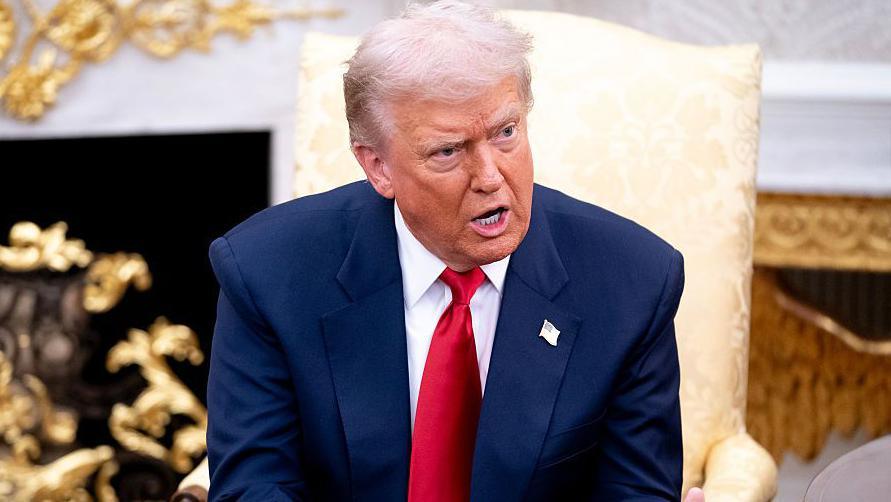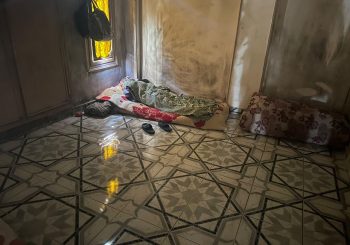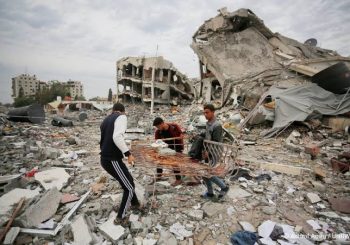U.S. President Donald Trump announced on Sunday, 23 November, that he is preparing to designate the Muslim Brotherhood as a foreign terrorist organization (FTO), signaling a potential shift in long-standing U.S. policy toward the transnational Islamist movement. Trump said the action would be taken “in the strongest and most powerful terms,” noting that the final documentation is being completed.
The move follows renewed reporting on the Brotherhood’s international activities and years of internal deliberations within Trump’s team. Trump, who previously considered the designation during his first term, has faced mounting pressure from lawmakers and state officials to take action.
Established in Egypt in 1928, the Muslim Brotherhood is an Islamist movement that has expanded into numerous countries through its branches, political parties, and associated groups. It has frequently been criticized and accused of promoting extremist ideologies and fueling instability across the Middle East.
The announcement comes days after Texas Governor Greg Abbott said he plans to classify both the Muslim Brotherhood and the Council on American-Islamic Relations (CAIR) as foreign terrorist and transnational criminal organizations. Abbott accused both groups of seeking to impose Islamist rule and of supporting terrorism through “violence, intimidation, and harassment.”
In Washington, several Republican lawmakers, alongside a number of Democrats, have urged the State Department to act. Secretary of State Marco Rubio indicated in August that the designation was already “in the works,” while cautioning that the Brotherhood’s sprawling global network complicates the process.
If enacted, the designation would mark a significant departure from the longstanding position of Western governments. While the United States, the United Kingdom, and the European Union have not labeled the Muslim Brotherhood as a terrorist organization, several Middle Eastern governments have.
Egypt officially designated it as a terrorist entity in 2013 following a suicide bombing in Mansoura that killed 16 people, followed by Saudi Arabia and the United Arab Emirates in 2014. Other countries, including Jordan, Russia, Bahrain, Libya’s eastern government, Tajikistan, and Kazakhstan, have taken similar steps.
The Brotherhood remains illegal in Syria, where membership has carried the death penalty since 1980. In Europe, attitudes are shifting as well: French President Emmanuel Macron directed his government in May to draft measures countering the Brotherhood’s influence and broader political Islamism.
Trump’s expected designation, if finalized, could reshape U.S. engagement with political Islamist movements worldwide and complicate relations with allies where Brotherhood-affiliated parties operate legally.







Comments (0)